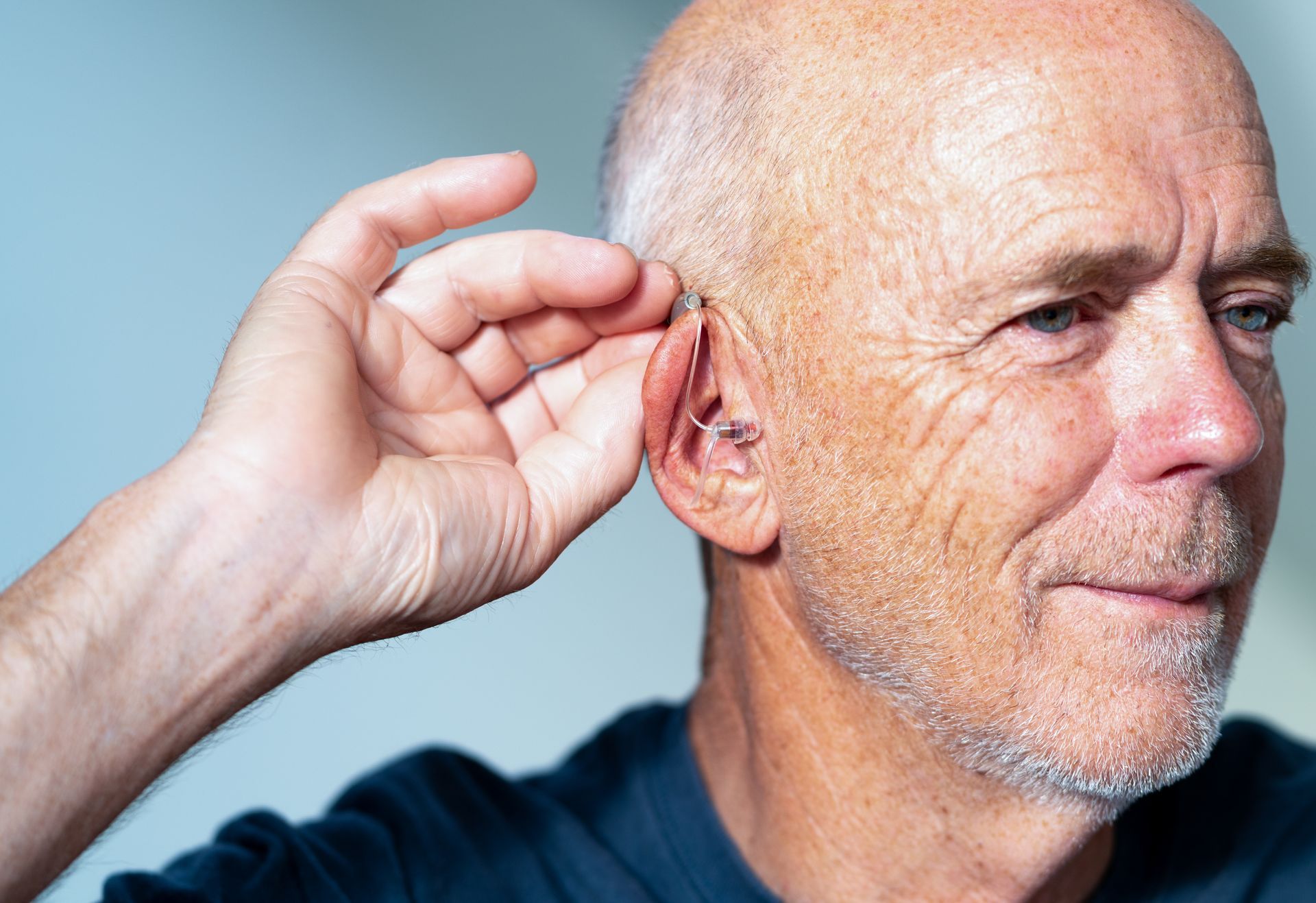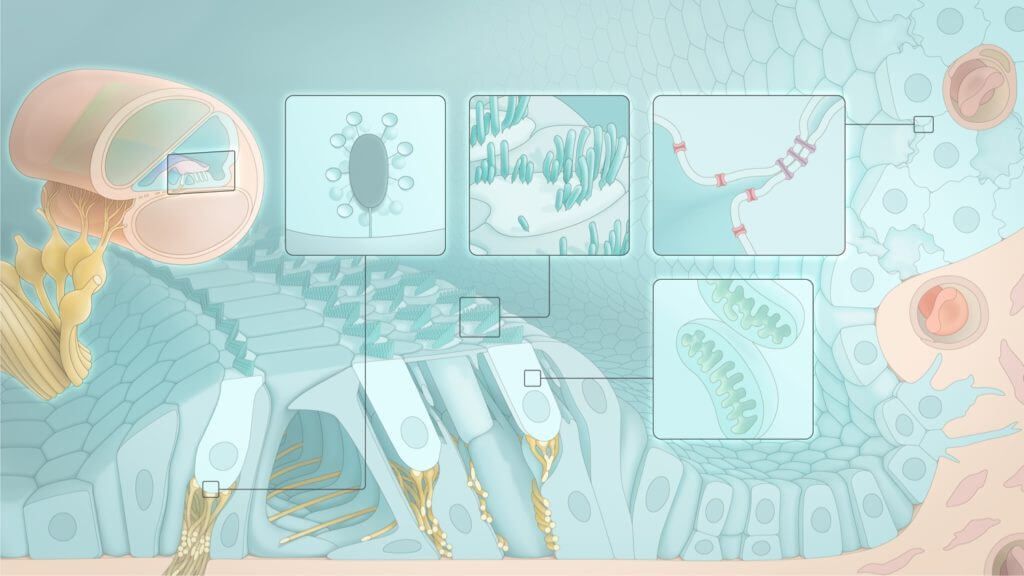The Relationship Between Fear and Hearing Loss
According to the National Institute on Deafness and Other Communication Disorders, “Approximately 15% of American adults (37.5 million) aged 18 and over report some trouble hearing.” This means hearing loss is an extremely common condition. That being said, it doesn’t mean being faced with the diagnosis isn’t at least a little bit scary. There are a lot of unknowns when you’re first diagnosed, which can cause fear in many individuals. We review more about the connection between fear and hearing loss below.
Why You May Feel Fear
There are many fears that may be associated with being diagnosed with hearing loss. You may be afraid about:
- People treating you differently when they know you have hearing loss.
- Developing depression or dementia, which are more common conditions in people with hearing loss compared to those with normal hearing.
- Passing the condition on to your children or grandchildren.
- Missing out on activities you once loved, like going to The London Club in Naples to listen to music.
Unfortunately, many people let this fear prevent them from actually seeking a diagnosis or treatment, which only increases the risk of these things happening. In fact, only one in five people who could benefit from hearing aids actually wears them, according to the Hearing Loss Association of America.
Face Your Fears
The first step toward overcoming your fears is to acknowledge them. You can talk to a loved one or a mental health professional about your fear of the unknown when it comes to your hearing, and they can encourage you and provide support to take the next steps.
Next, you should schedule an appointment with an audiologist. Not only do audiologists diagnose and treat hearing loss, but they also provide counseling about what to expect from the rehabilitation process, the benefits of hearing aids and communication strategies.
Once you’ve taken these steps and gathered more information, you may find that you feel empowered rather than afraid!
For more information about the hearing rehabilitation process, the benefits of hearing aids or to schedule an appointment with an expert audiologist, call Center For Hearing today.
- Understanding Infant Hearing Loss
- The Relationship Between Exercise and Hearing Loss
- Muffled Hearing: Common Causes and Solutions



